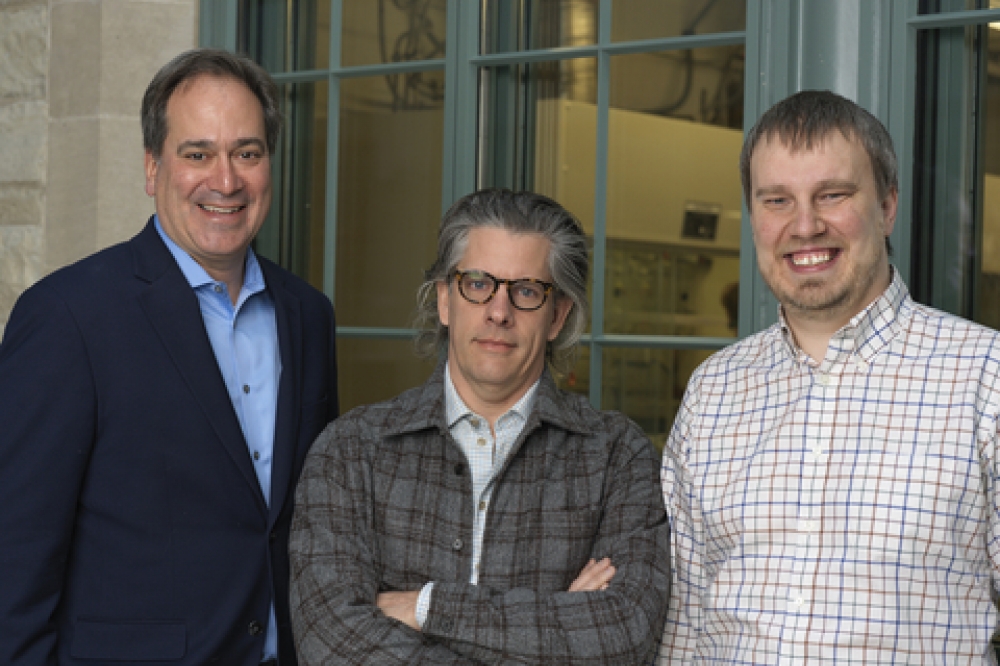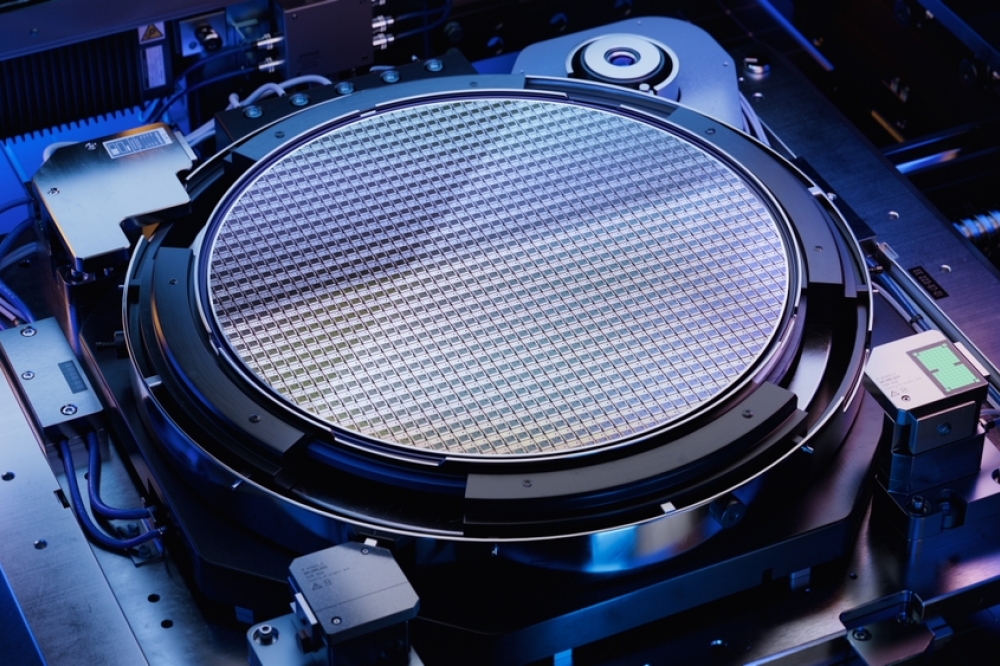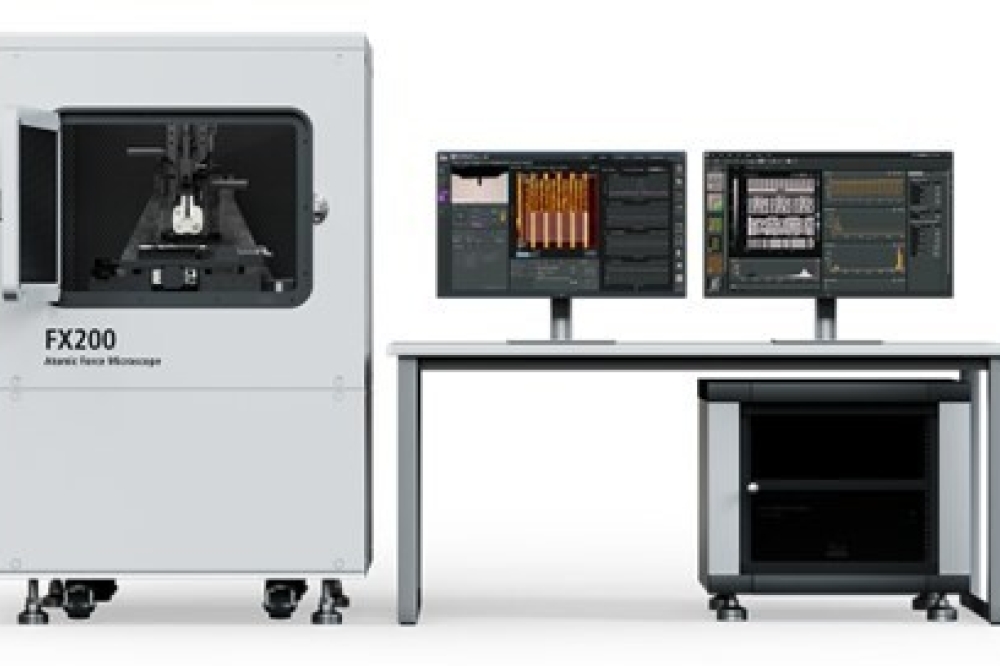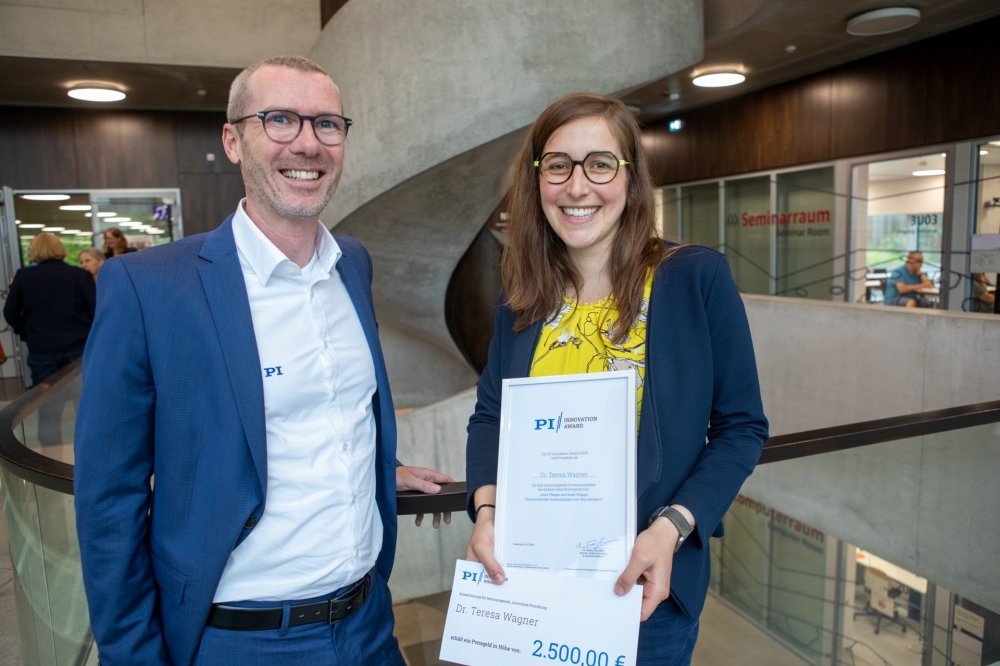Mattiq launches sustainable materials

Company combines deep expertise in AI and materials science to address key bottlenecks in the sustainable production of chemicals and fuels.
Mattiq, the developer of a 'revolutionary approach' to sustainably produce chemicals and fuels poised to transform industries from energy to consumer products, today announced its launch alongside securing $15 million in seed funding, led by Boston-based venture capital firm Material Impact. Formerly known as Stoicheia, Mattiq also announced it has hired veteran Silicon Valley executive and entrepreneur Jeff Erhardt as Chief Executive Officer.
Born out of the Northwestern lab of world renowned material scientist and professor Chad Mirkin, Mattiq’s first-in-kind ‘chemistry for climate’ platform pairs nanotechnology with AI to speed the discovery and deployment of new materials to power the energy transition. Mirkin, a nanotechnology pioneer, has helped develop more than 2,000 commercial products in life sciences, biomedicine, biotechnology, 3D printing, nanofabrication, and semiconductor processing, and is founding director of the International Institute for Nanotechnology at Northwestern University, where Mattiq was incubated.
“From the stone age to the silicon era, materials discovery has been slow, unpredictable, and constrained by the performance of available materials,” said Mattiq Founder and Director Chad Mirkin. “Mattiq is disrupting this status quo, resulting in discoveries that enable new technologies at a pace not previously imaginable.”
By synthesizing and evaluating millions of potential combinations in parallel, Mattiq's integrated technology platform streamlines the historically fragmented development of novel materials powering a variety of products and solutions. At the same time, this work generates unprecedented amounts of high quality data that is enabling Mattiq to build the world’s most powerful materials AI.
By 2024, Mattiq will have synthesized and analyzed more than one trillion novel material combinations within the context of real-world industrial systems. Currently focused on the commercialization of clean electrochemical production of critical products, Mattiq develops new chemical systems at an unprecedented speed and scale to facilitate:
• The commercially viable production of e-chemicals and e-fuels with reduced dependence on scarce and expensive materials such as iridium (currently critical for green hydrogen production)
• Reduced supply chain volatility and carbon footprint (including scope 3 emissions) in the chemical and energy industries
• A circular economy in which products from plastics to jet fuel are made only from renewable feedstocks and electricity
Carmichael Roberts, Co-Founder & Managing Partner at Material Impact, will join Mattiq’s Board of Directors. Roberts, widely recognized as one of the premier thought leaders in cleantech, noted, “At Material Impact, we seek startups with the potential to transform industries through category-creating deep technologies. With momentum in the energy transition constrained by the availability and performance of fundamental materials, Mattiq’s unique approach presents an opportunity of immeasurable value in the clean economy.”
“Solutions to the materials bottleneck must meet skyrocketing demand while also reducing the ‘green premium’ so that climate technologies can be scaled in commercially viable ways,” said Jeff Erhardt, CEO of Mattiq. “Mattiq’s discoveries will make possible technologies that today can only be imagined; it is an opportunity of a lifetime, and I’m thrilled to be joining this incredible team.”
Erhardt is a technology leader and entrepreneur with 20 years of experience building and running high-growth private companies and large public enterprises, both as an executive and board member. Most recently he was Executive Vice President, Intelligent Systems at General Electric, where he led industrial AI efforts following the company’s acquisition of Wise.io, where he was CEO. Erhardt holds more than 30 patents, an engineering degree from Cornell University and an MBA from The Wharton School of the University of Pennsylvania.

































